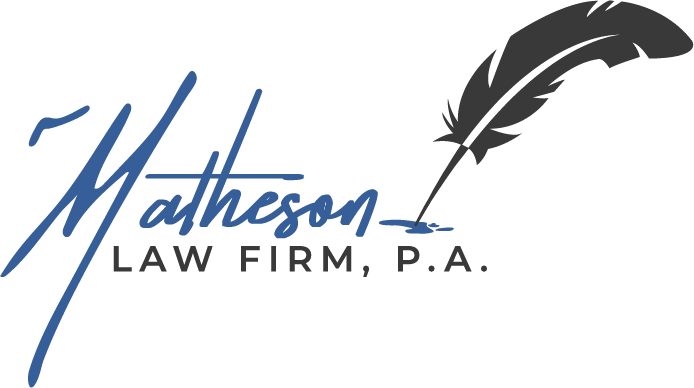Business Succession Planning: What You Need To Know
Planning for what happens after you leave your business might not be at the forefront of your mind, but it’s a necessary process that can help ensure a smooth transition after your retirement. One area of creating the right succession strategy that often goes overlooked is how commercial property assets will be handled after you leave the business. By implementing the right strategy, you can safeguard your business’s future while ensuring all of your assets and best interests are protected.
Understanding Business Succession Planning
Business succession planning is the process through which a successor is selected to take over the business in the event that the current owner retires, passes away, or decides to leave the company. Having a business succession plan in place is a great way to ensure business continuity, stability, and the preservation of the founder’s legacy.
It’s important to note that business succession planning isn’t just for large enterprises. Businesses of all sizes can benefit from having a success plan in place, helping them avoid financial turmoil and potential closure due to a poorly handled transition.
The Role of Commercial Real Estate in Succession Planning
One aspect of business success planning that should not be overlooked is the handling of your commercial real estate assets. Commercial property is a significant component of a business’s overall value that can impact your succession strategy in many different ways:
- Asset Valuation: Part of a succession plan involves determining the fair value of your business. Commercial properties can impact this value, which ultimately will influence how assets are distributed.
- Financing Considerations: In some cases, commercial properties may be used as collateral for business loans. Your succession plan should consider this and how this will be managed or transferred in your absence.
- Ownership Structure: The succession plan will need to have contingencies regarding how real estate assets will be handled post-transition. This may involve transferring ownership within the family or to a third party.
- Property Leases: If your business leases a property, these lease agreements must be carefully considered during the planning process. Considerations may include whether the new owners will be responsible for taking over the lease, whether new terms need to be negotiated, or if the new owners will need to find a new property altogether.
Key Steps in Succession Planning
As you create a succession plan for your business, there are several steps you’ll need to take:
- Identify Your Successor: First, you’ll need to choose the person whom you’d like to take over your business after you’re gone. This could be a family member, business partner, or external buyer. Be sure to consider their qualifications and capabilities carefully before making a final decision.
- Determine Your Value: Assess your business’s value accurately, including all commercial real estate assets, to determine a fair selling price or distribution of assets.
- Consider Legal Aspects: Consult with a knowledgeable lawyer who can help you navigate the complex legal requirements of succession planning, especially as it pertains to commercial property. They can assist with things like property transfers, contracts, and tax implications.
- Establish Financial Plan: Create a financial plan that considers funding sources for the transition, including insurance, loans, and cash reserves.
- Training & Development: Before you leave, it’s important to ensure the person(s) taking over the business are adequately trained and prepared to assume the role of leader after you’ve left.
Common Challenges & Solutions
While the goal of a business succession plan is to ensure a smooth transition from one leader to the next, there are some common obstacles that can make this a challenge, including:
- Family Dynamics: If you have a family-owned business, internal conflicts regarding leadership and ownership can make succession planning a challenge. Be sure to communicate openly and honestly, establishing clear governance structures to help minimize these challenges.
- Valuation Disputes: There may be disagreements regarding the fair value of your business and its real estate assets, so be prepared to seek assistance from professional appraisers and financial advisors that can help in reaching an objective valuation.
- Tax Implications: Transferring business ownership can have significant tax implications for all parties involved, so it’s important to get assistance from a knowledgeable tax expert to minimize liabilities and ensure a smooth transition.
- Transition Financing: Allocating sufficient funds to the transition can be especially challenging, so it’s important to explore your options for business loans, equity investments, or seller financing to reduce stress and ensure preparedness.
- Legal Compliance: Compliance with commercial real estate laws is of paramount importance during a business succession. Be sure to consult with a knowledgeable expert in this field to ensure the best outcome.
Why Professional Guidance Is Crucial
Business succession planning is a complex process that requires careful planning with an expert who is knowledgeable in commercial real estate law. By seeking professional guidance, you can ensure a smooth transition while successfully navigating the intricacies of property transfer, contracts, and regulatory compliance.
At Matheson Law Firm, our team has years of experience helping business owners plan for the next stage of their life, creating airtight business succession strategies that ensure the smooth transition of power from one person to the next.
Start planning for the next phase of your business’s ownership today by calling our team at (704) 439-1350 to speak with our legal experts now!



